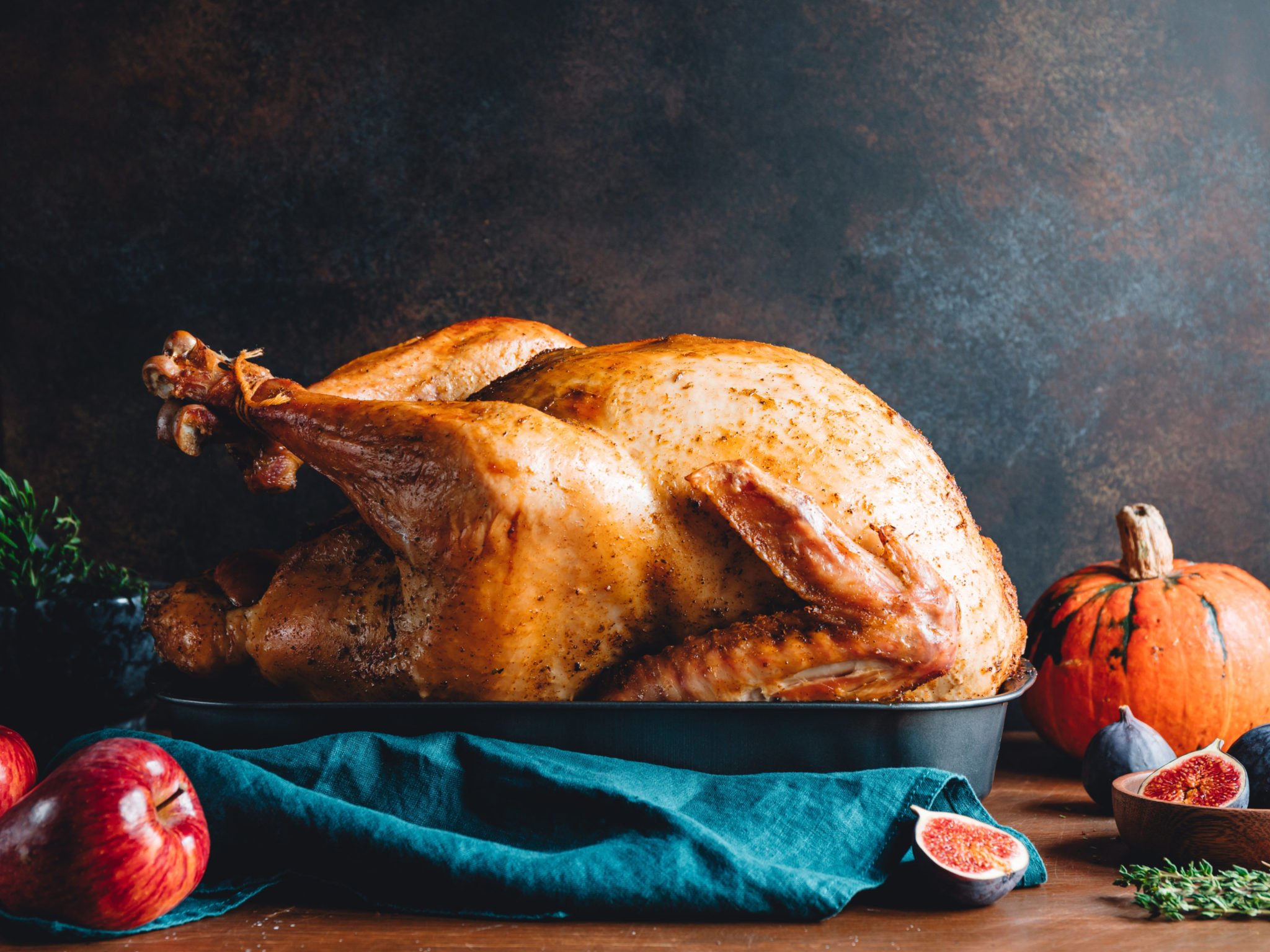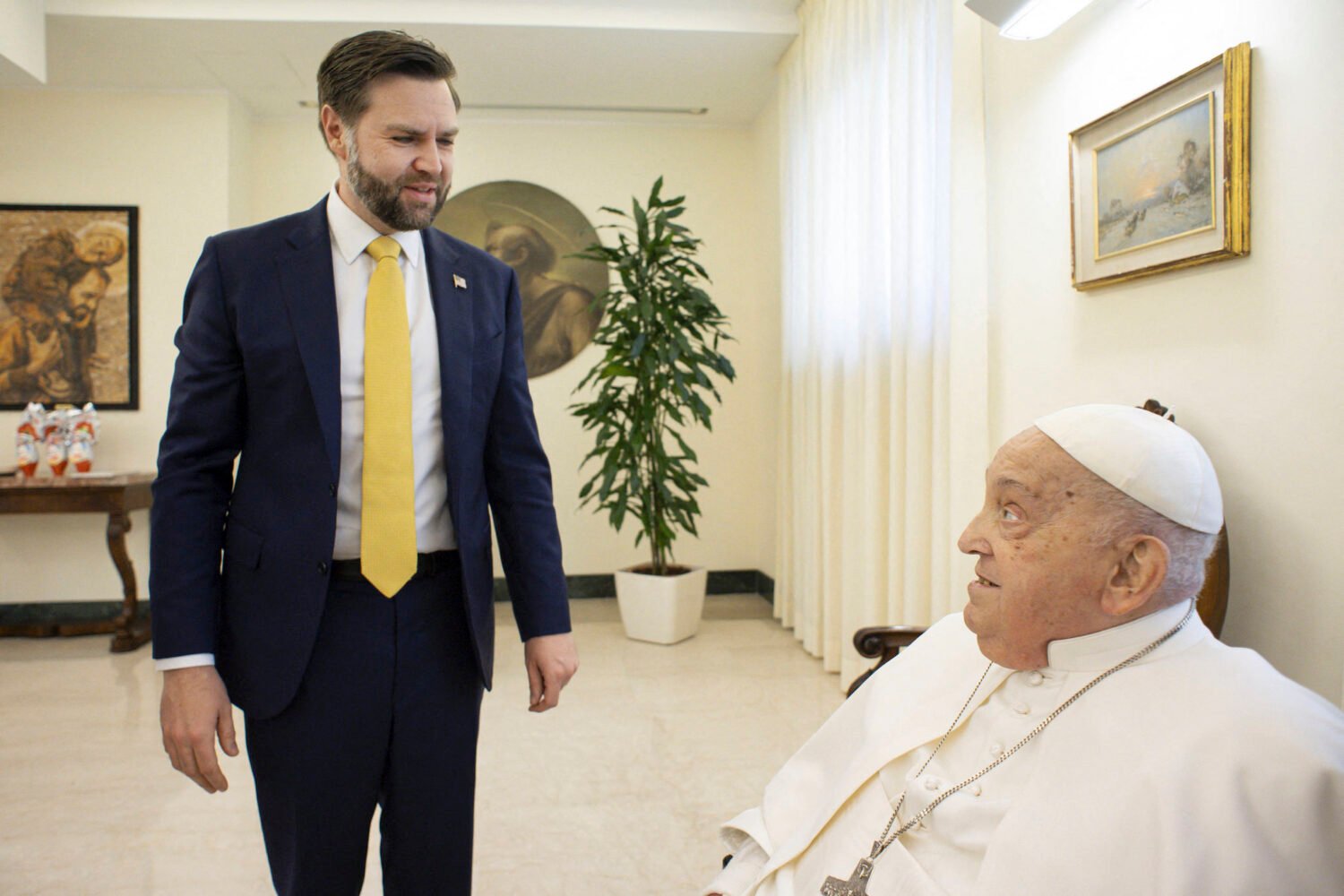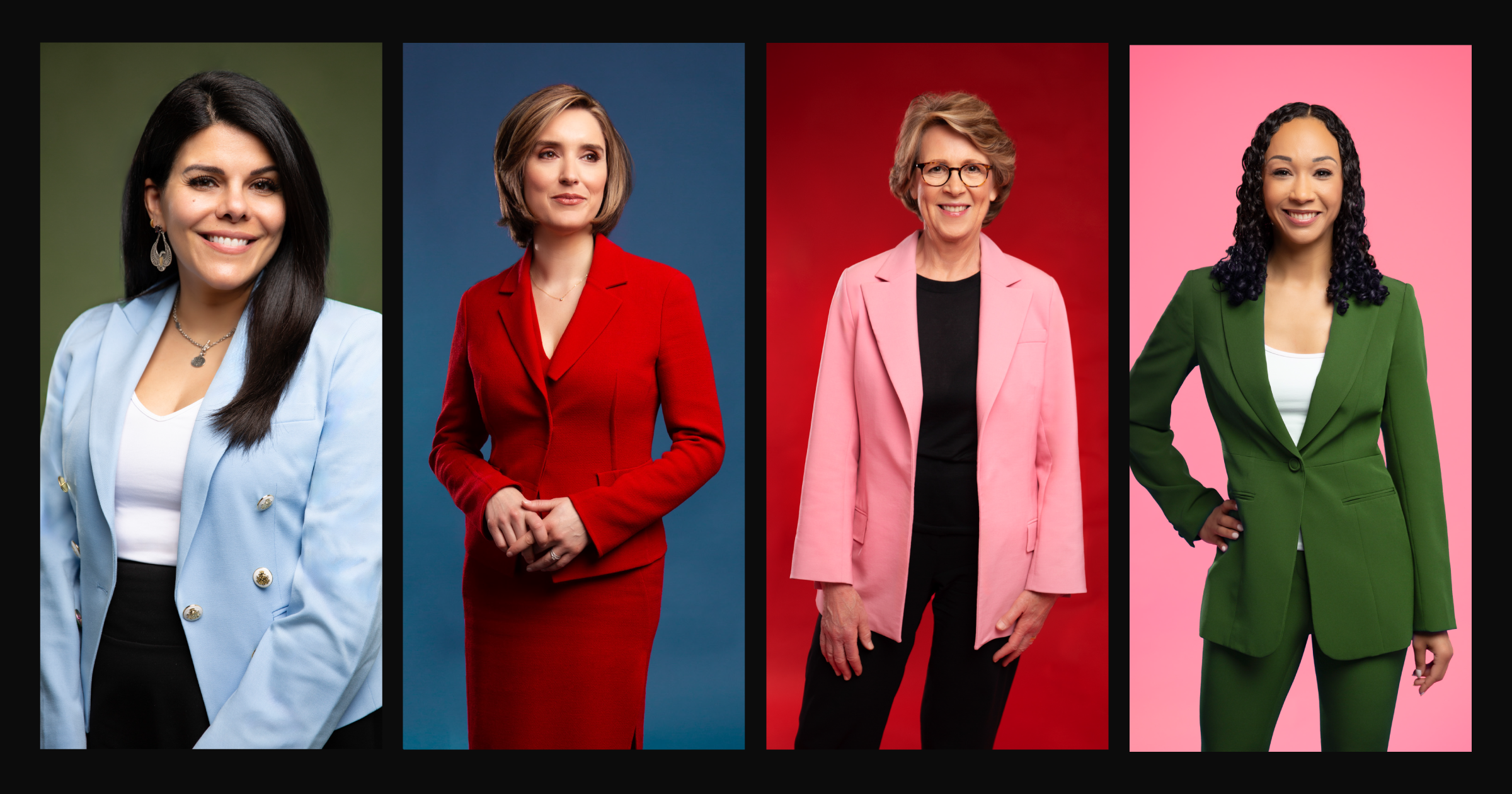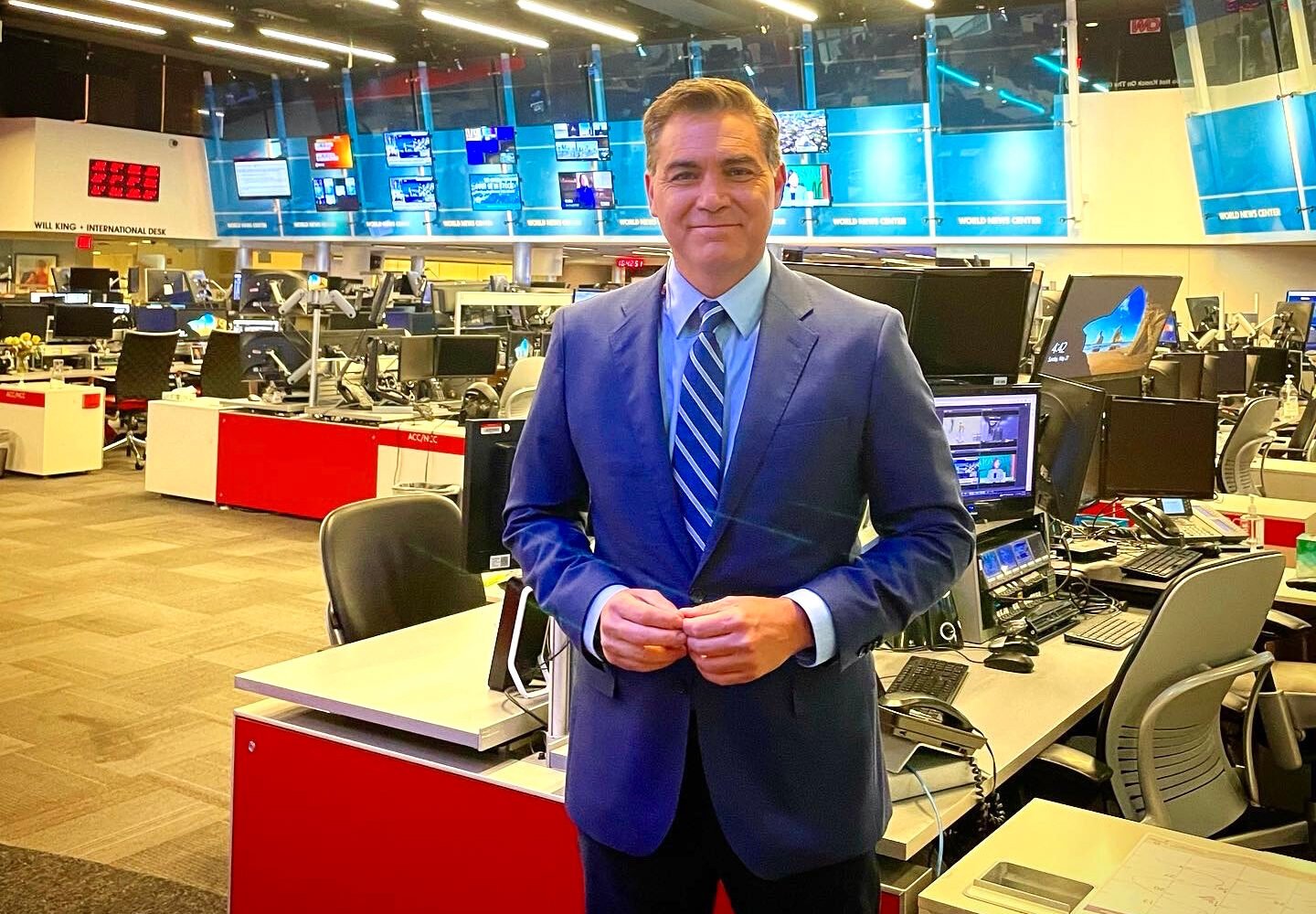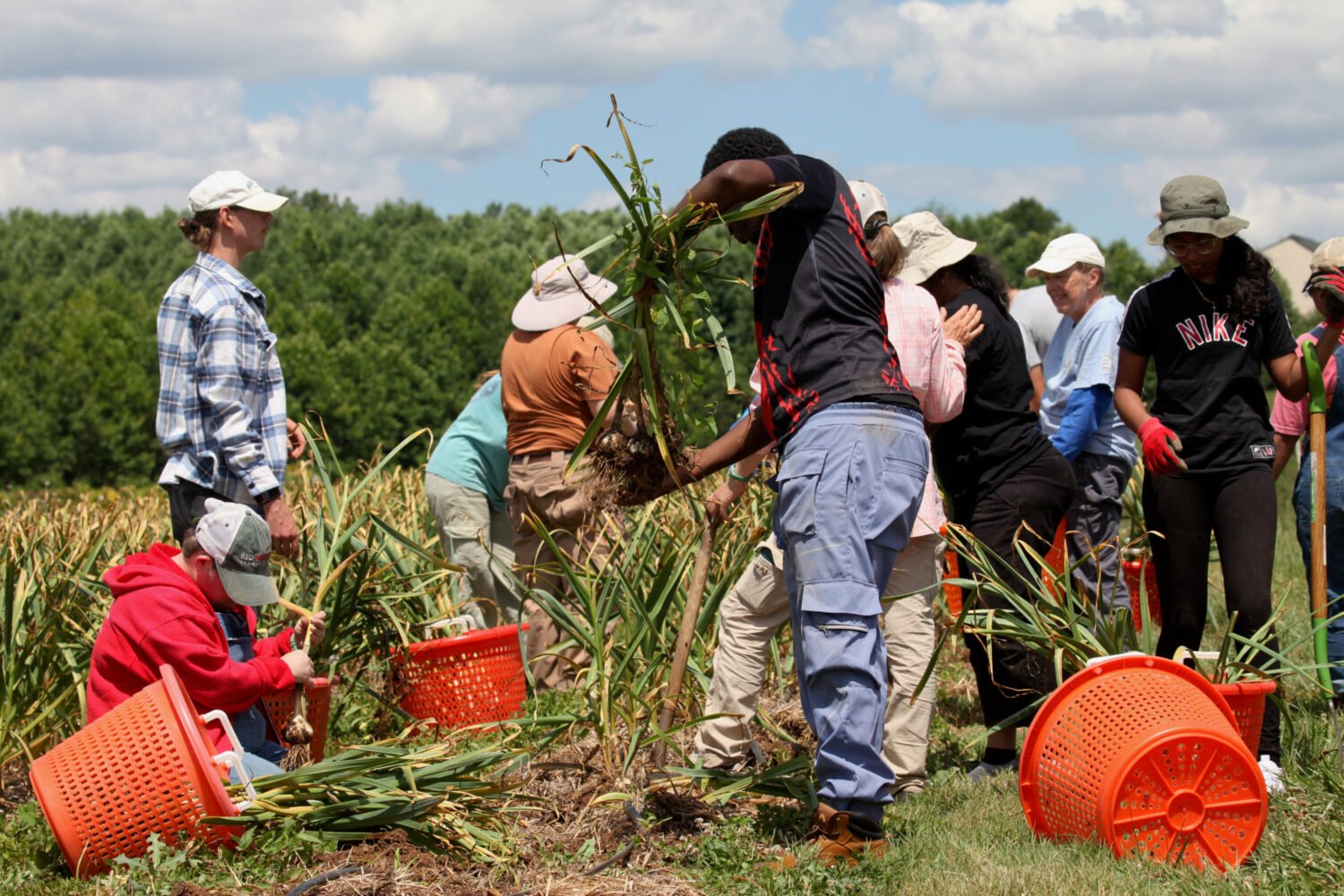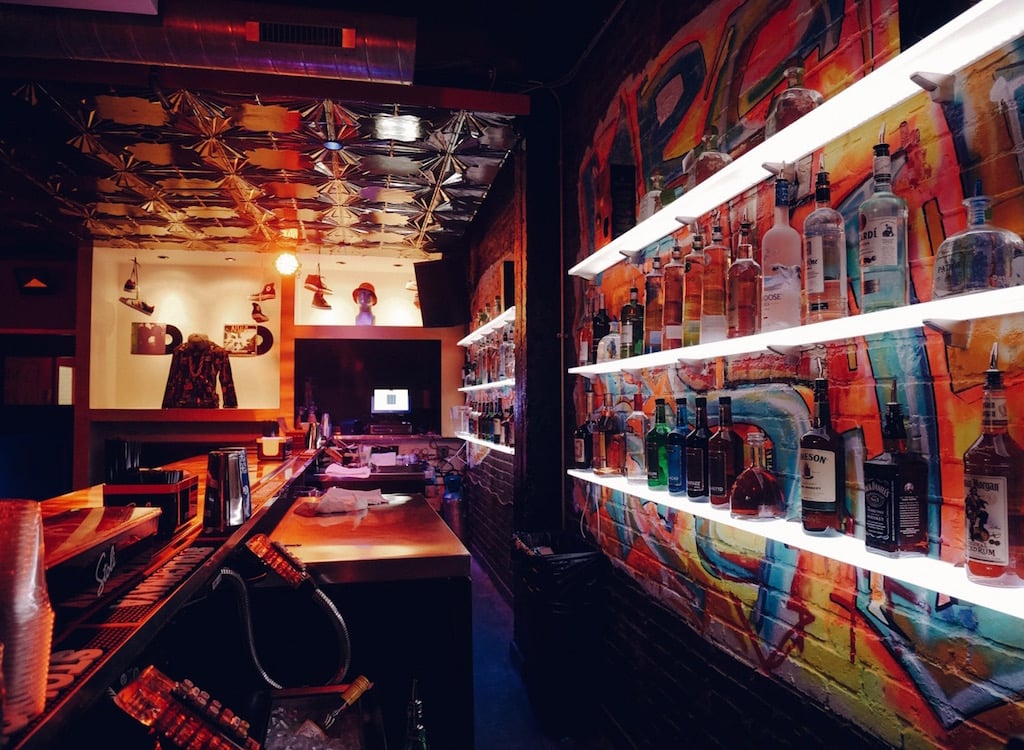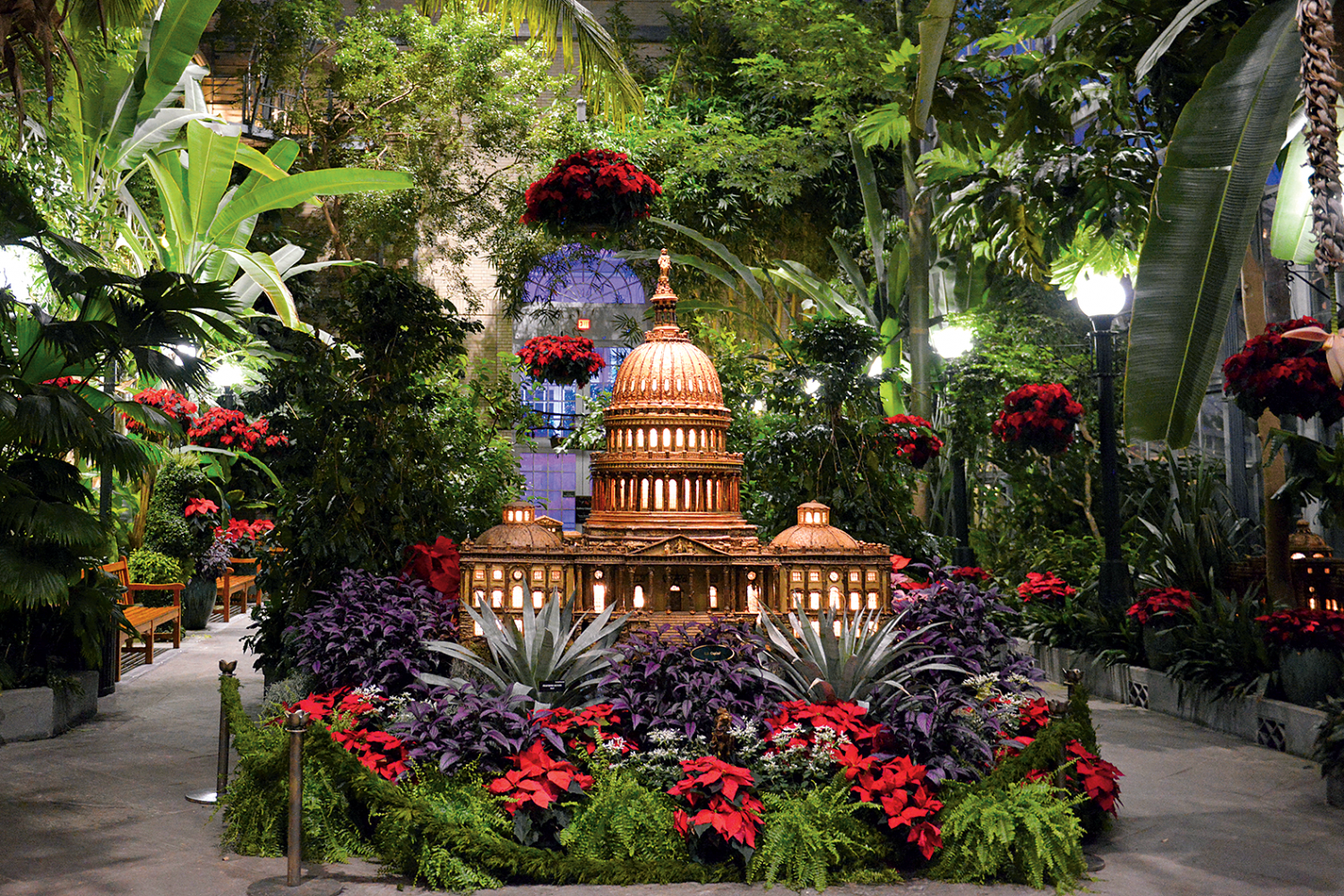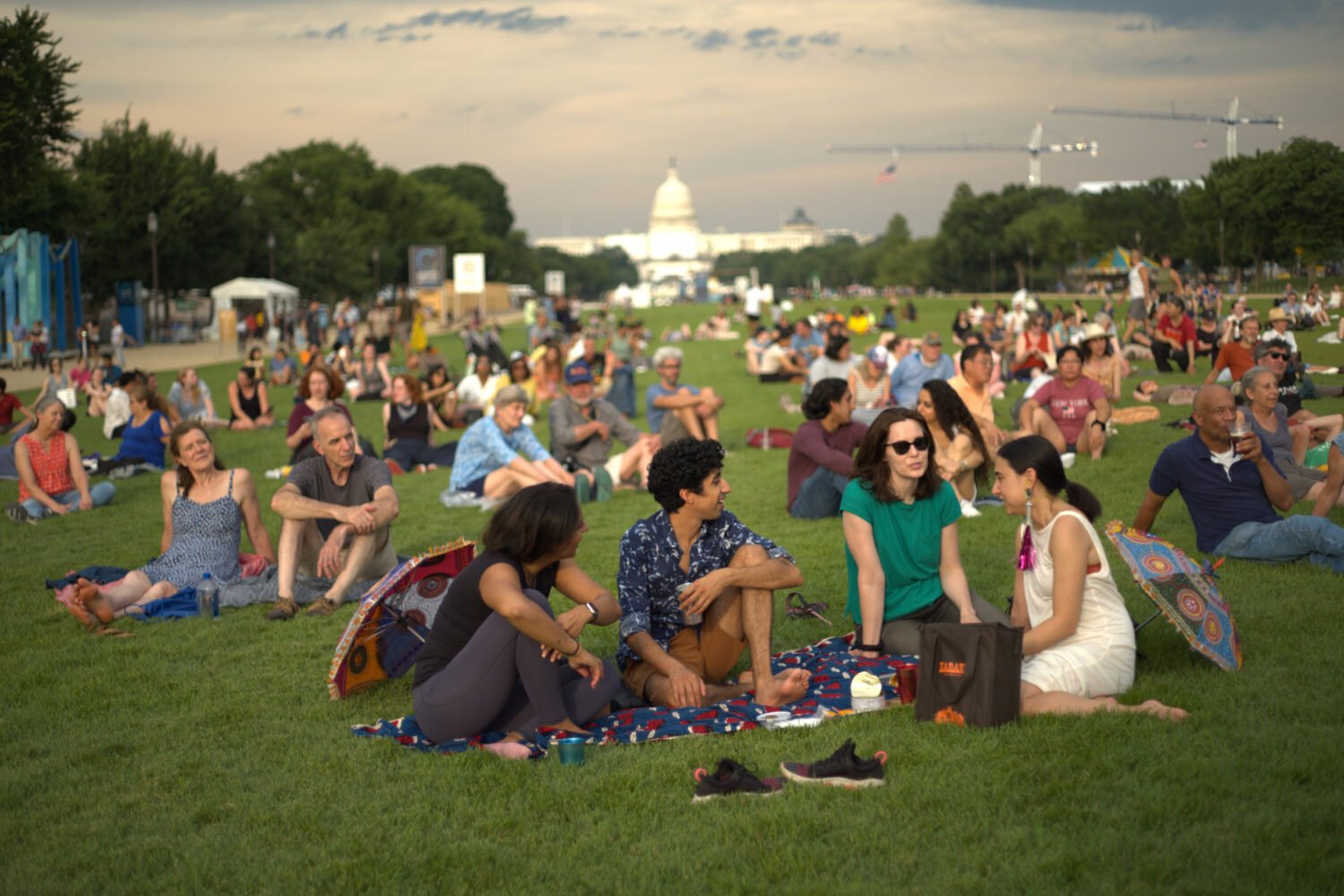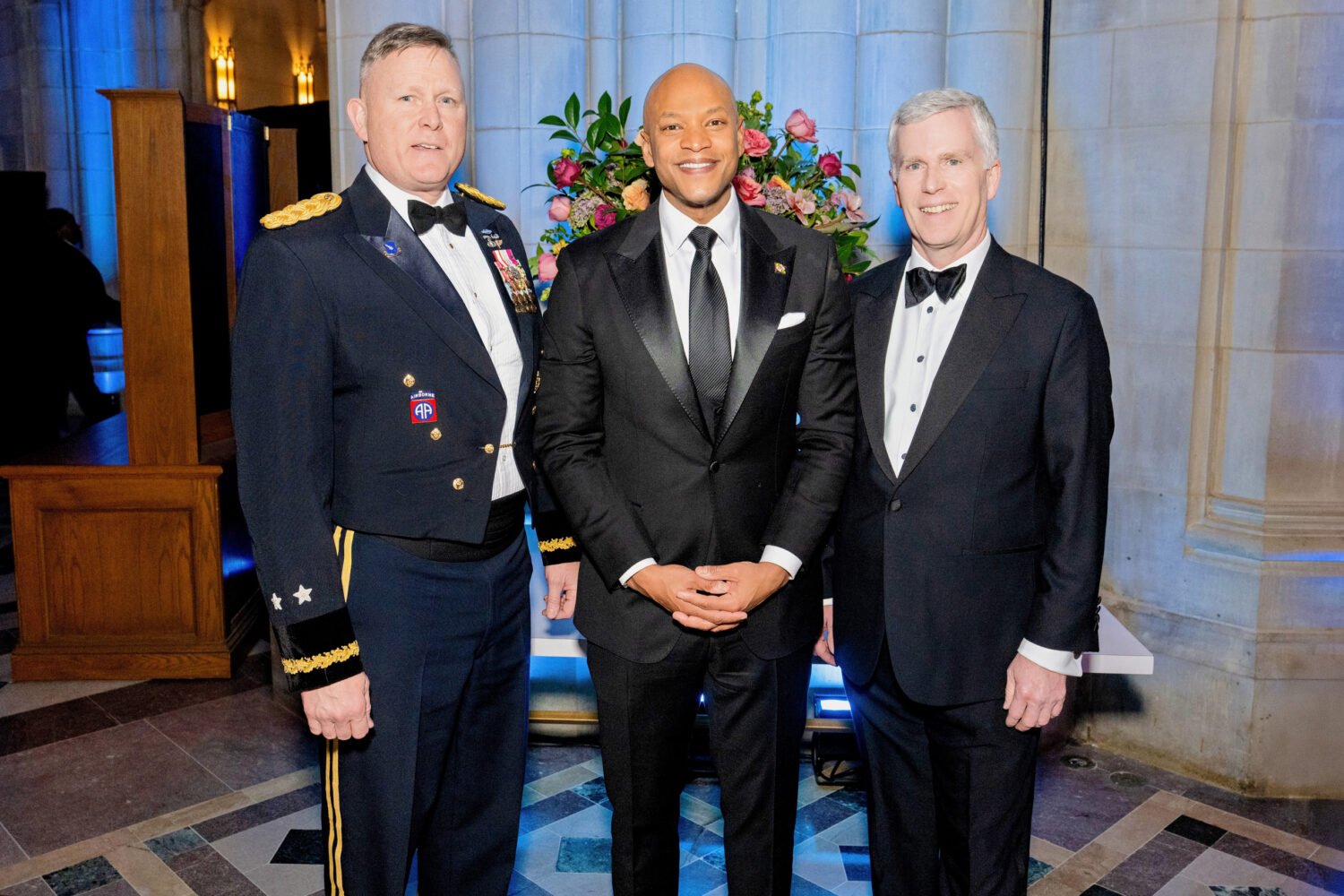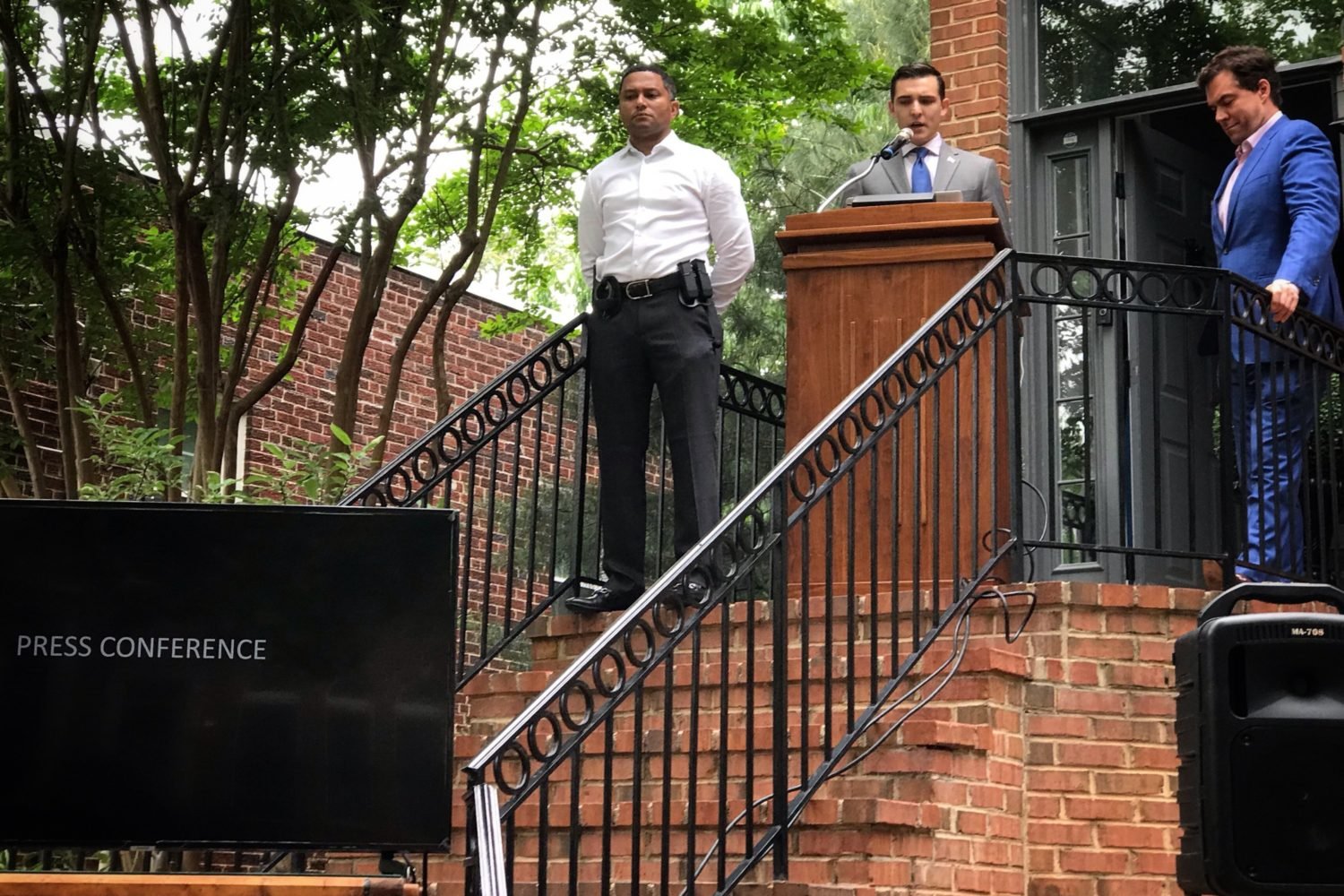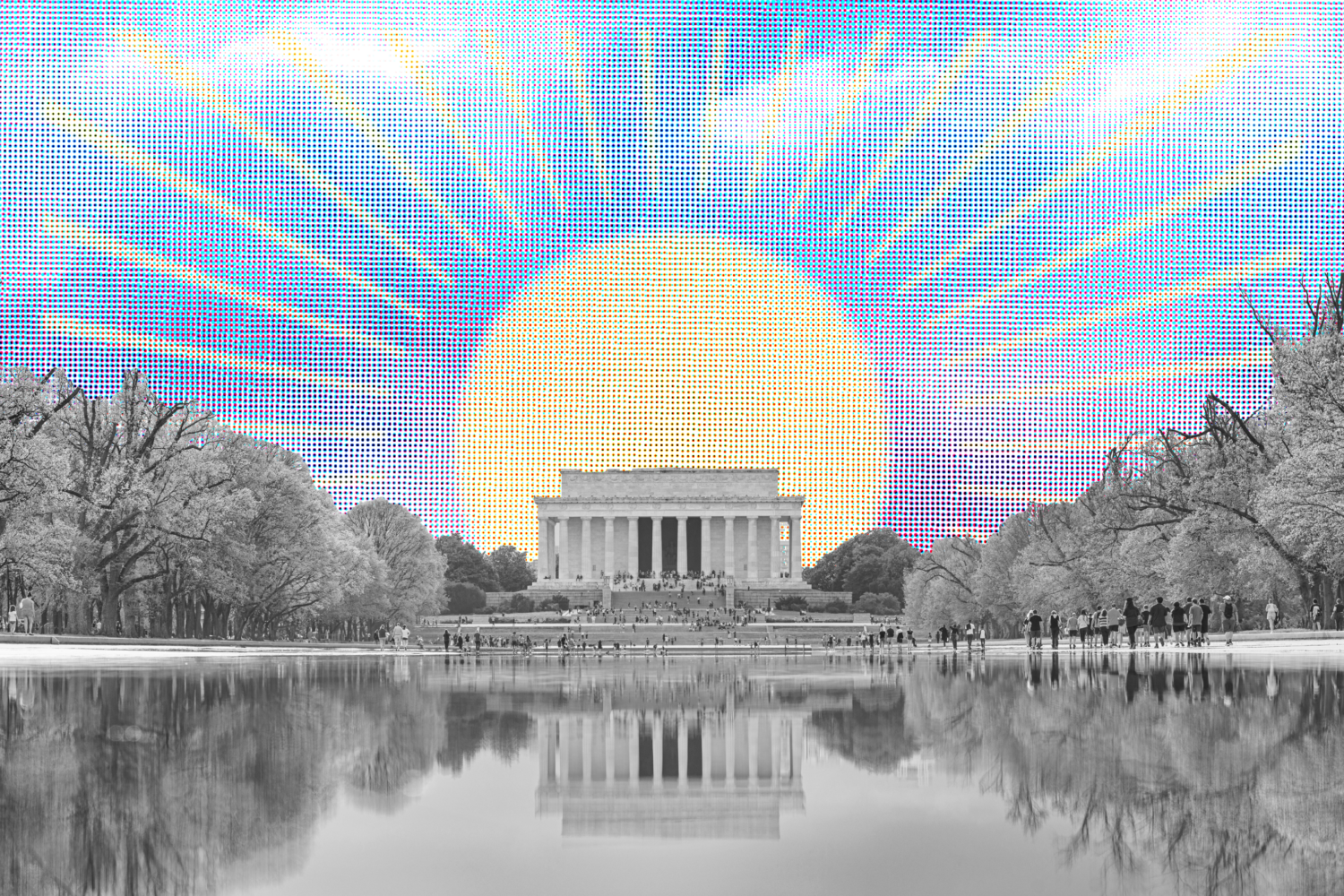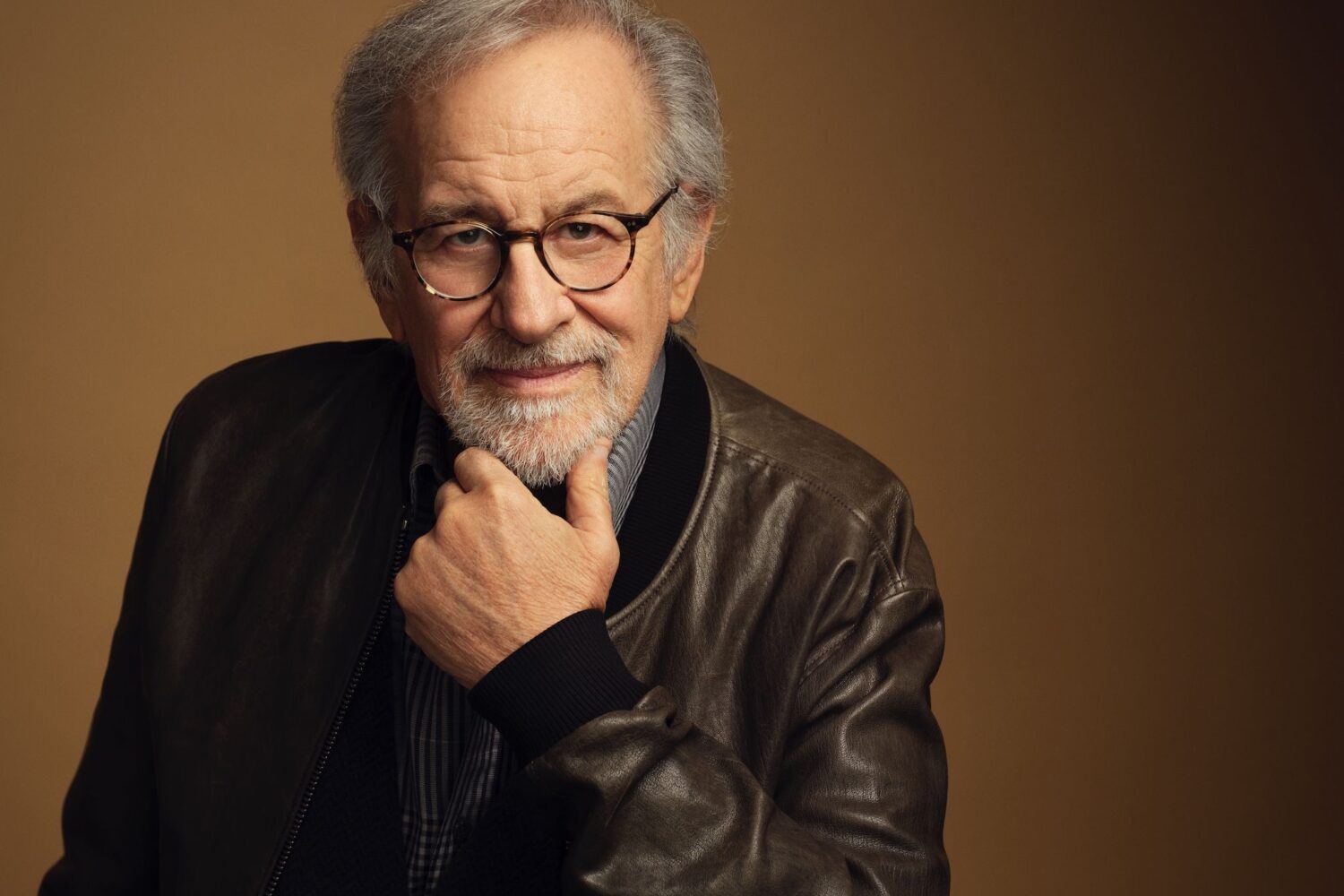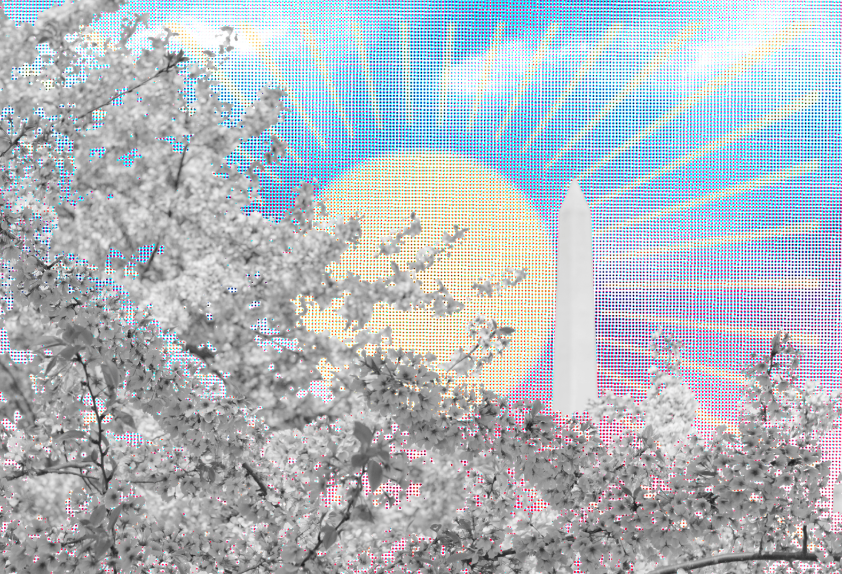It seems fitting, somehow, that an administration that rode into office promising to defeat the nonexistent war on Christmas would end its run standing helplessly by as Thanksgiving was torn down.
On the cusp of the late-November break, prospects seem grim. Americans managed to adapt socially distanced lives to other holidays. We watched July 4th fireworks from a distance. We served trick-or-treaters through candy chutes. We’re already taking Christmas shopping online. But the basics of Thanksgiving itself are impossible to replicate in a Covid-stricken country: On Christmas, you can still send presents; on Valentine’s Day, you might find that your true love is already in your bubble; on Easter or Passover, there’s that small matter of the actual religious commemoration that’s supposed to be the main point in the first place. What’s the work-around for this one?
Thanksgiving is our greatest holiday precisely because it doesn’t have the things you can substitute: It’s not about materialism and gifts. It’s not reserved for couples or veterans or union members or moms or dads. It’s open to believers and nonbelievers alike. Its essence is companionship, in a wonderfully diverse variety of ways. (The sole major Thanksgiving innovation in recent years has been the rise of Friendsgiving, celebrated by young adults who perhaps can’t go home for the feast but still recognize it as a time to gather their own new community.)
And, of course, that’s what the pandemic has denied us. Ahead of an ordinary year’s biggest travel week, going home for Thanksgiving has been officially labeled a public-health risk. Hosting a gathering at home isn’t much better.
The modifications required to do the holiday safely also change its meaning in odd little ways. With company off-limits, there’s been a run on extra-small turkeys: Our national turkey supply, bred for size, is not meant for a country of social-distancers. Instead, lots of people are ordering in. That’s good news for struggling restaurants, and probably better-tasting. But it also involves prices that seem dissonant for this most democratic of holidays, and a degree of culinary fussiness that seems alien on a day whose menus have thus far blessedly avoided the endless elite artisanization of American life. To be sure, anyone whose biggest Thanksgiving 2020 complaint is that the Covid-adjusted holiday has become too twee is pretty damn lucky. And yet it’s the sort of small change in meaning, in a holiday so bound up with memory and tradition, that feels alien and melancholy.
As a country, we’ve had gloomy Thanksgivings before. In 2001, the annual ritual of flying home took place in a country shaken by the airborne attacks two months earlier. In 1963, the holiday came days after the assassination of John F. Kennedy. And the legal status of Thanksgiving as a national holiday dates to a proclamation by Abraham Lincoln in 1863, the bloodiest year of the Civil War. By some estimates, 200,000 Americans died in combat that year, less than the number who have died from Covid this year. In his proclamation of the holiday, Lincoln could have been speaking to our time in asking that we “fervently implore the interposition of the Almighty Hand to heal the wounds of the nation and to restore it as soon as may be consistent with the Divine purposes to the full enjoyment of peace, harmony, tranquility and Union.”
What’s different is that this is the first time healing the wounds and restoring the nation actually depend on avoiding the holiday itself. To be clear, the loss is absolutely worth it. Not having big Thanksgiving parties means not having small Christmas funerals, as the new saying goes. Public-health campaigners tell us that by avoiding Thanksgiving as usual, we’re effectively taking one for the team. In a way, that’s the same spirit of community that undergirds this holiday.
But the invocation of that spirit is also the reason why Thanksgiving 2020 feels especially sad. Significant chunks of our fellow citizens, and many of their political leaders, refuse to wear the masks that protect their neighbors. Congress refuses to pay for relief for economically devastated constituents. The sitting president, refusing to acknowledge the electoral will of his own population, won’t even allow the briefings that would prepare his successor for leading the fight against Covid. And beyond the halls of power, millions of ordinary Americans are preparing to ignore the CDC’s pleas to avoid Thanksgiving travel.
It’s hard not to be discouraged by the evidence that not everyone is living up to the bargain.
Like all historic origin stories, the tale of Thanksgiving has dubious roots and elides some terrible history. But as interpreted now, the myth of settlers and Native Americans breaking bread together is an aspirational one that is hard to disdain: It’s a day to acknowledge that communities can get along with one another, that we all got some help along the way, that we all bring something to the table, and that we’re all in this together.
Having a holiday canceled is ultimately no big deal. Seeing a civic ideal rubbished is a real loss.

